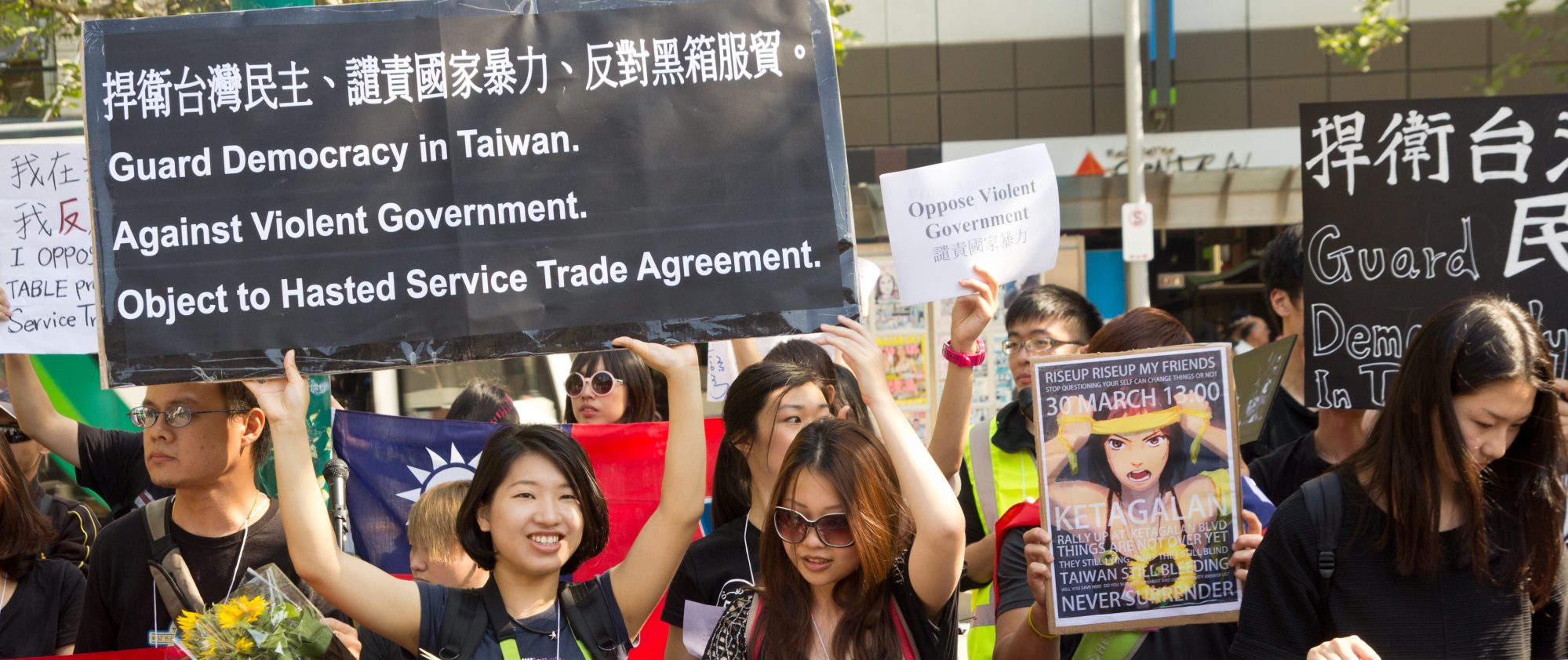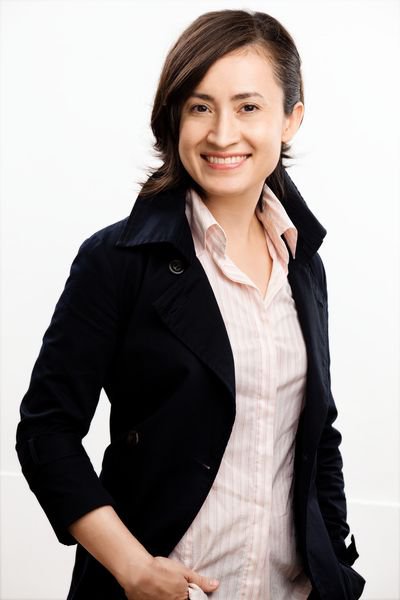The International Center for Transitional Justice defines transitional justice as follows:
Transitional justice refers to a range of approaches that societies undertake to reckon with legacies of widespread or systematic human rights abuse as they move from a period of violent conflict or oppression towards peace, democracy, the rule of law, and respect for individual and collective rights.
In making such a transition, societies must confront the painful legacy, or burden, of the past in order to achieve a holistic sense of justice for all citizens, to establish or renew civic trust, to reconcile people and communities, and to prevent future abuses. A variety of approaches to transitional justice are available that can help wounded societies start anew.
It goes on to detail some of the approaches by which transitional justice can be achieved. These include both judicial and non-judicial methods. I think a key point is that transitional justice is not merely about seeking revenge or punishment for past wrongs. It also looks toward reconciliation, institutional reform and ensuring the wrongs of the past are not repeated.
So why has Taiwan failed to achieve significant transitional justice? I think it is first important to recognise that things have been achieved. Since the DPP came to power in 2000: the statues of Chiang Kai-shek are slowly but surely being removed, 228 has been declared a public holiday and the textbooks gradually rewritten.
The main obstacles to achieving more lies in the fact that the KMT still has a majority in the legislature and they have used this to stonewall the government. Also many current KMT officials may be guilty of human rights abuses, so they will use their position to avoid any potentially embarrassing probes into their past.
Another key point is that for many people, both victims and perpertrators of crimes, the past is just filled with too many things that are painful to look at. Memories have been repressed, both actively and as a natural response to trauma.
The Taiwan News on 23 July 2007 had an article titled, Scholars point out martial law mentality lingers long after era. In the article Yao Jen-to, an assistant professor of sociology at National Tsing Hua University, is quoted as saying:
“The former regime has made many Taiwanese live like walking corpses, living without passion. The 38 years of authoritative rule has also made them stop thinking, with many focusing only on how to make money,” Yao added.
The Foreigner on Formosa writes that “walking corpses” is something of an exaggeration, but his personal observation is that many Taiwanese are unwilling or unable to freely express their own opinions. I believe this problem also has its roots in the education system, which was also heavily shaped by KMT ideology and martial law.
During the martial law era while some people were victims or perpetrators, perhaps the majority probably just did their best to live their lives and stay out of trouble. In order to do this they may have had to maintain a silence refraining criticism of the government and turning a blind eye to abuses of human rights. This attitude persists today; people simply want to get on with their lives and not dig up the horrors of the past. As Taiwan is now relatively prosperous and free people see no reason to challenge the past.
It is a lack of transitional justice that underlies the deep political divisions that exist in Taiwan and remain the greatest obstacle to constitutional reform and the strengthening of democratic institutions. Vincent Wang wrote in the Taipei Times last year:
Up until now Taiwan’s democratization has been through a series of “transitions without justice.” Taiwan’s democratic transition, because of a narrow-minded focus on elections, is simply understood as transition of power, as unjust aspects of the system have not been thoroughly examined and corrected. In the glow of the transfer of power, the Democratic Progressive Party (DPP) forgot to be resolute about transitional justice.
One of the key issues remains that of the KMT Party assets. Jerome Keating writes:
The KMT had assets of over NT$27 billion which when matched to its liabilities left them with a net worth of over NT$25 billion dollars. The DPP was second with Assets of NT$339 million and a net worth of NT$253 million.
Now tell me in a democracy, just how does one party have assets over NT$25 billion and the total of all the other parties is less than NT$300 million; not even a third of one billion dollars. The answer of course can be found in approximately forty years of Martial Law and a one-party state and no transitional justice.
This will be an issue during the elections next year. Some might say the DPP is simply using the issue of party assets as a political wedge, but the issue is very genuine. These assets belong to the people of Taiwan. As long as they continue to be used to benefit one political party then they remain an obstacle to strengthening Taiwan’s democracy.
In May this year Nobel-laureate Desmond Tutu visited Taiwan to talk about transitional justice and reconciliation. There is probably no one more eminently qualified to speak on this topic. The Taiwan Journal records him as saying:
“This is a very delicate business, what you do in a transition,” Tutu remarked. “There is, on the one hand, the release, the joy, even the euphoria that a period of great suffering has ended. And when that happens, people will be singing in deep thankfulness and relief. But on the other hand, it is also a time of great sadness, because people, loved ones, were the victims of egregious violations of human rights: those who were tortured, secretly abducted, imprisoned, killed, possibly burned. And there is almost universally, in this kind of period, a deep hunger for the truth.”
“Frequently, there would be those who demanded that the culprits be brought to book, be arrested and arraigned,” he explained. “But the new dispensation of freedom is fragile, precarious, and it just might be that to pursue the ends of retributive justice might jeopardize the new order.”
“On the other hand, you want to ask, ‘Do you let the culprits go scot-free?'” Tutu continued. “Would they not repeat their awful deeds again, knowing they would not have to face the music? What to do in such a period is a real agonizing problem in this period of transition.”
There are no easy answers about the best way to achieve transitional justice in Taiwan. But it is important to remember the past in order to prevent the same mistakes being made in the future.



